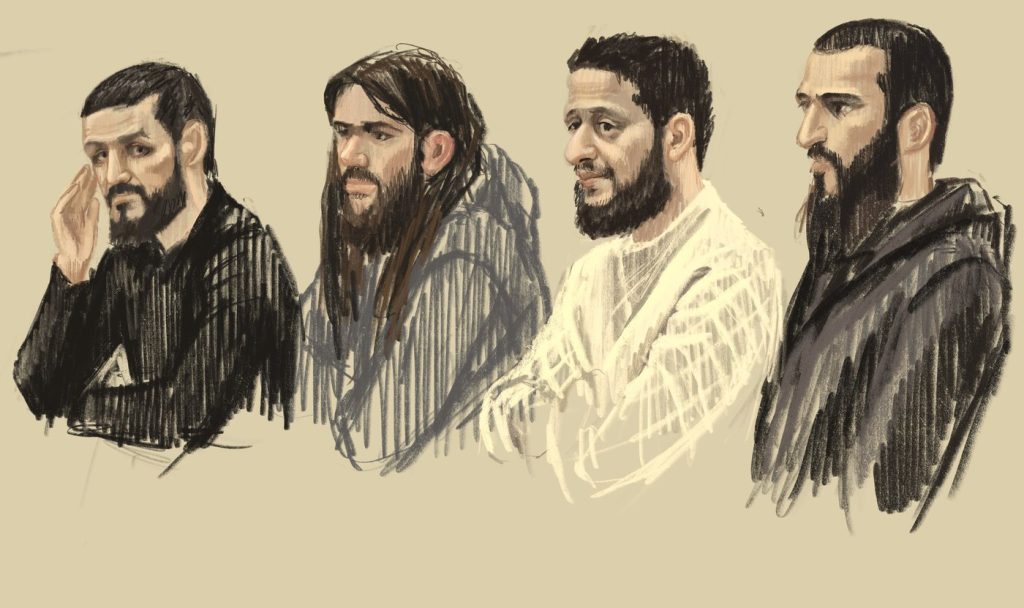A Swedish man has been sentenced to life in prison for his involvement in the 2015 killing of Jordanian pilot Mu'ath al-Kaseasbeh by the Islamic State (IS) militant group. The 32-year-old suspect, identified as Osama Krayem, was found guilty on Thursday by a Swedish court, as reported by local media.
The incident occurred after 1st Lt. Mu'ath al-Kaseasbeh's F-16 fighter jet crashed near IS's stronghold in Raqqa, northern Syria. After being captured in January 2015, he was subjected to brutal treatment and ultimately met his death in a horrific manner—being burned alive while confined in a cage, an act later depicted in a gruesome propaganda video released by the militants.
Swedish prosecutors allege that Krayem was armed, masked, and directly involved in the gruesome act of forcing Al-Kaseasbeh into the cage. In connection with the charges, he was previously indicted in May on suspicions of committing war crimes and terrorism in Syria.
Krayem's history includes previous convictions in France and Belgium for his involvement in terror attacks perpetrated by IS. In 2022, he was sentenced in France to 30 years in prison for his part in the 2015 Paris attacks, which resulted in the deaths of 130 individuals and left hundreds injured. This wave of violence specifically targeted the Bataclan theater, Paris cafes, and the national stadium during a series of coordinated assaults.
Notably, the pilot’s capture and execution were seen as an attempt by IS to intimidate Jordan, a key member of the U.S.-led coalition fighting against the organization. The brutality of the act and the circumstances surrounding it spurred national outrage in Jordan, leading to widespread protests against IS.
In addition to his life sentence in Sweden, Krayem was also recently sentenced by a Belgian court to life in prison for his involvement in the 2016 Brussels bombings, which killed 32 people and injured hundreds more during attacks at the Brussels Airport and a busy subway station. These attacks were linked to the same IS network responsible for the Paris assaults, illustrating the far-reaching implications of Krayem's actions.
Krayem's role in both the 2015 and 2016 attacks highlights the interconnected nature of terrorist networks and the challenges faced by international law enforcement agencies in dismantling these operations. As Krayem's cases come to light, they underscore the ongoing global struggle against extremist violence and the quest for justice for the victims of such horrific crimes.











